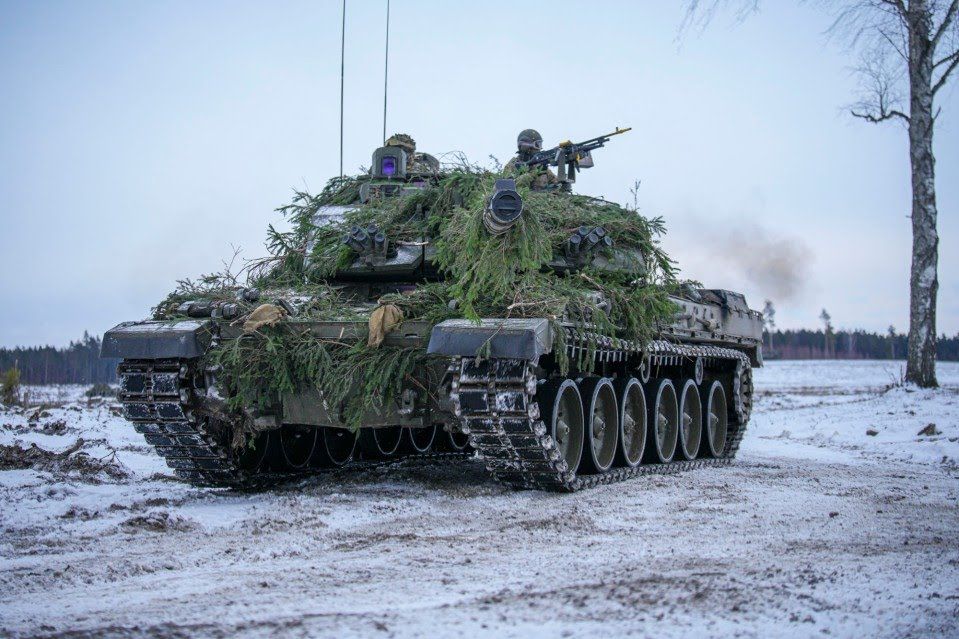Estonia-Russia Relations since Joining NATO: Why Did Things Go Sour?
Estonia's membership in NATO in 2004 was a major milestone in the country's history, signaling its commitment to the transatlantic community and its desire to secure its borders against potential threats. However, it also had a significant impact on Estonia's relations with its neighbor

Estonia's membership in NATO in 2004 was a major milestone in the country's history, signaling its commitment to the transatlantic community and its desire to secure its borders against potential threats. However, it also had a significant impact on Estonia's relations with its neighbor to the east, Russia. Despite initial hopes for improved ties, the past two decades have seen a steady deterioration in the Estonia-Russia relationship, marked by a series of disputes and conflicts.
One of the key reasons for the deterioration of relations has been Estonia's alignment with the West and its increased integration with European and transatlantic institutions. Russia has long been suspicious of NATO's expansion eastward, viewing it as a threat to its security and influence in the region. Estonia's decision to join NATO was therefore seen as a provocation by Moscow, which responded with a series of measures aimed at punishing Estonia and exerting pressure on its government.
One of the most significant of these measures was the 2007 cyber attack on Estonia, which targeted government and private sector networks and disrupted critical services. While the source of the attack was never definitively established, it was widely believed to have originated in Russia and was seen as a clear warning to Estonia and other NATO members of the potential costs of challenging Russian interests in the region.
In addition to the cyber attack, Estonia and Russia have also been embroiled in a series of disputes over issues such as border demarcation, minority rights, and military exercises. These conflicts have often been marked by heated rhetoric and have strained relations between the two countries.
Despite these challenges, Estonia has remained committed to its Western orientation and has sought to deepen its ties with the European Union and other transatlantic partners. In recent years, Estonia has also sought to strengthen its own defenses against potential Russian aggression, including by increasing defense spending, hosting NATO troops, and participating in joint military exercises.
While there are few signs of an immediate improvement in Estonia-Russia relations, some analysts argue that a long-term solution to the current impasse will require a willingness on both sides to engage in dialogue and find common ground on issues of mutual concern. Until then, however, the Estonia-Russia relationship is likely to remain tense and marked by periodic conflicts and disagreements.
The current state of Estonia-Russia relations can be described as tense, with periodic conflicts and disagreements continuing to arise. Some of the factors contributing to this tension include:
- The ongoing conflict in Ukraine, which has heightened tensions between Russia and the West more broadly, and increased concerns about Russia's intentions towards its neighbors.
- The increasing militarization of the Baltic region, with NATO ramping up its presence and Russia responding with its own military buildup and exercises.
- The issue of NATO membership for other former Soviet states, such as Georgia and Ukraine, which is a red line for Russia and a source of ongoing friction between Moscow and the West.
- The legacy of Soviet-era policies towards ethnic minorities, which has left a lasting impact on the region and continues to influence relations between Estonia and Russia.
Until these underlying issues are addressed and resolved, it is likely that tensions between Estonia and Russia will persist. However, as I noted earlier, some analysts believe that dialogue and engagement between the two sides could help to deescalate the situation and build trust over time.




